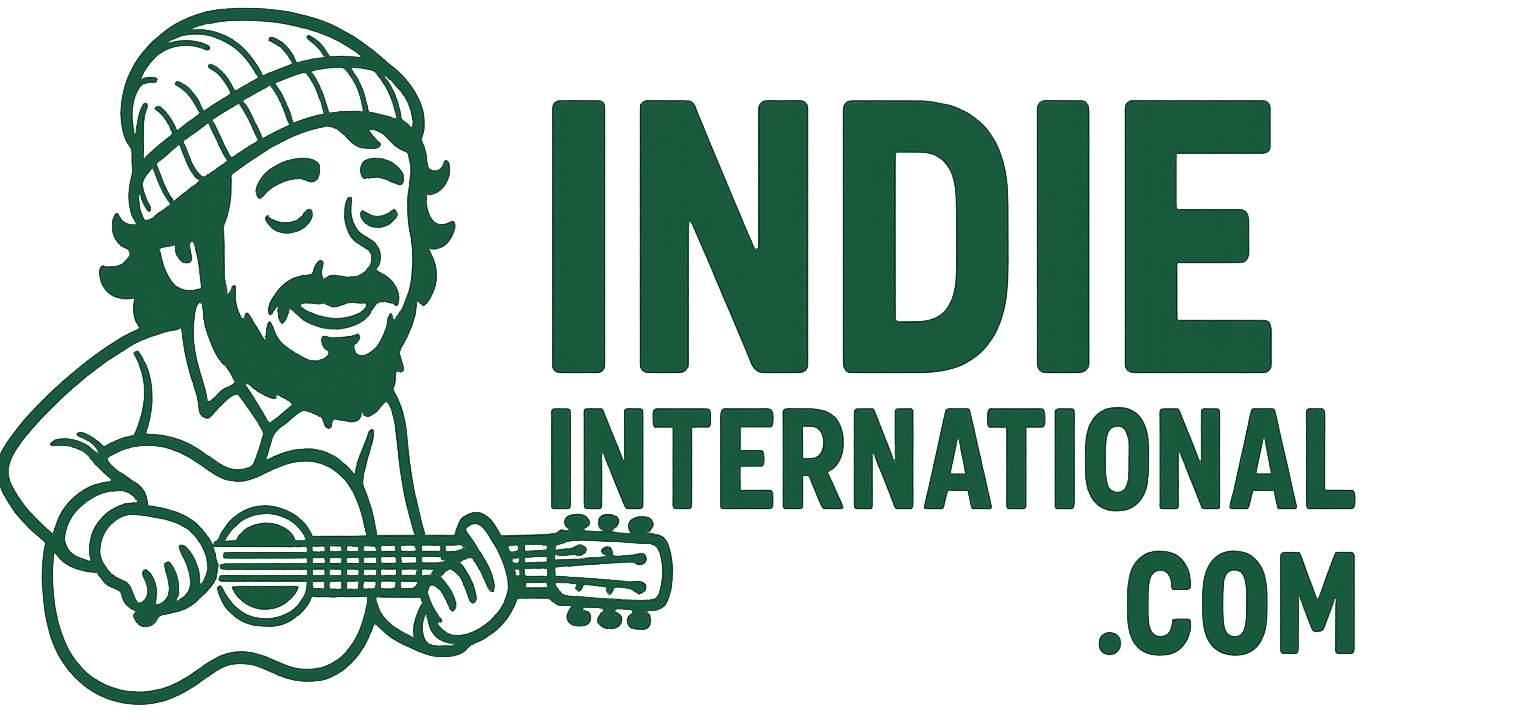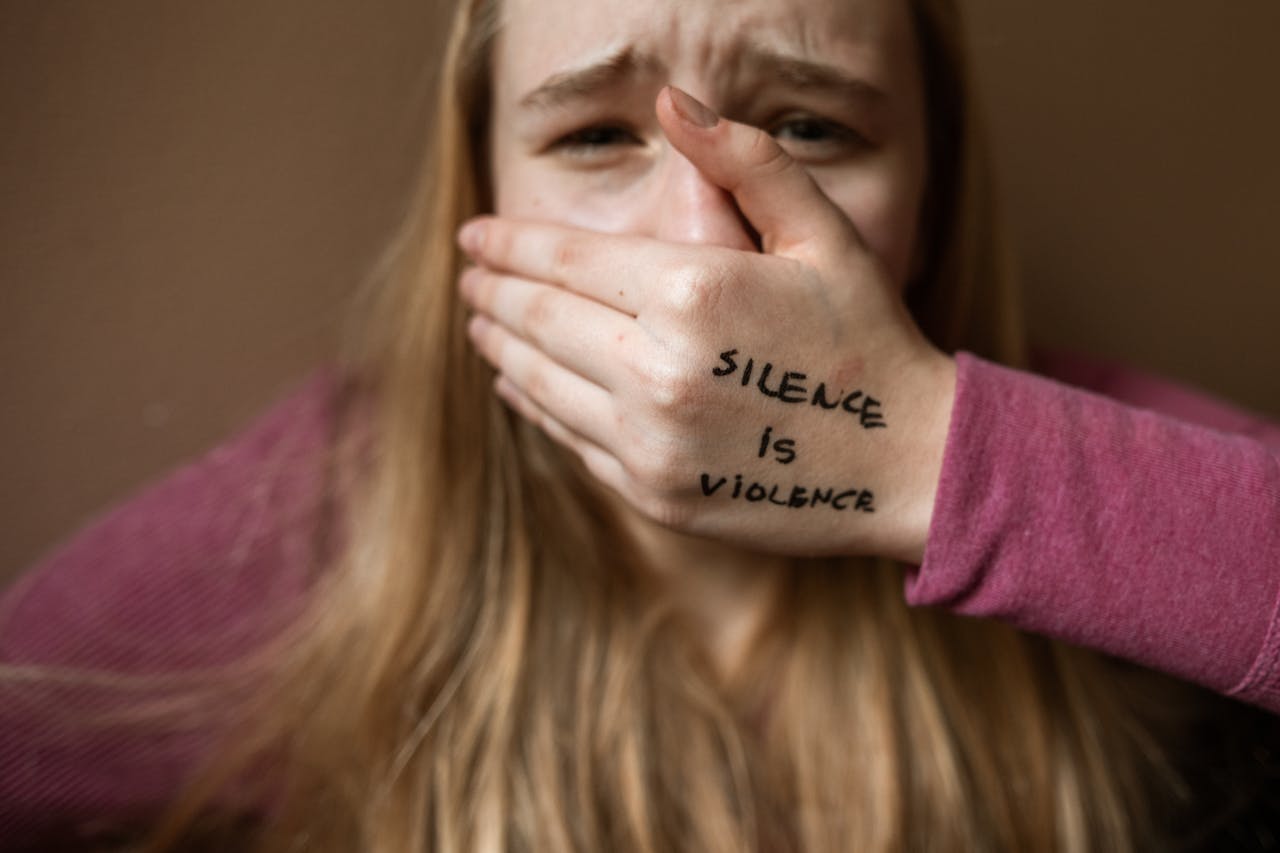Music has a way of speaking directly to the parts of us that words alone can’t reach. It can pierce through walls we didn’t even know we had built, stir emotions we’ve been too afraid to face, and carry us through moments when hope feels distant. For me, healing didn’t begin in a therapist’s office or through a deep conversation with a friend, it began the day a single song resonated so powerfully that it cracked something open inside me.
It was an ordinary afternoon. The light from the window stretched across the room, dust motes floating lazily in the air. I wasn’t searching for anything profound that day. My playlist was on shuffle, background noise for the mundane tasks I was doing. Then a song came on, one I’d heard before but never really listened to. This time, the lyrics slipped past my guard, speaking directly to the place where my pain lived. That was the moment when a song helped me heal from trauma in a way I hadn’t thought possible.
The Weight I Had Been Carrying
Trauma doesn’t just fade because time has passed. I carried mine like an invisible backpack filled with bricks, heavy, exhausting, and impossible to set down. People would tell me I seemed fine, and I became good at playing that role. Smiling, making jokes, staying busy. But the truth was, the weight never left. It followed me everywhere, and I learned to live with it the way you live with background noise, unnoticed but constant.
I had avoided confronting the full depth of my hurt. Any attempt to talk about it made me feel exposed and vulnerable, as if peeling back the layers might cause me to unravel completely. So I buried it. I thought that by keeping it hidden, I was protecting myself. In reality, I was trapping myself in a cycle I couldn’t escape.
The Song That Opened the Door
When the opening chords of that song played, something shifted. The melody felt both gentle and unyielding, like a hand reaching out and refusing to let go. The voice of the singer carried a rawness that mirrored my own feelings, and the lyrics wove together the exact emotions I’d been avoiding. It wasn’t just that the words described what I’d been through, it was that they understood the quiet desperation of wanting to be okay but not knowing how.
It’s strange how music can bypass the logical part of the brain entirely. I wasn’t analyzing the song or thinking about its meaning in an intellectual way. I was feeling it. The rhythm pulsed through my chest, the chorus hit like a wave, and the verses felt like they were written for me alone. In that moment, the walls I had built started to crack.
Letting the Emotions Surface
I didn’t expect to cry, but the tears came fast and uncontrollably. At first, I tried to stop them. Old habits told me to push everything back down. But the music kept playing, and the emotions kept rising. My body was telling me that it was safe now, that I could finally let some of this weight go.
It wasn’t a neat or graceful process. The tears came with gasps, sobs, and a feeling of exhaustion. But it was also the first time in years that I felt relief. I realized that I had been holding my breath emotionally, and the song gave me permission to exhale. This was the moment when a song helped me heal from trauma, not by erasing it, but by giving me the courage to face it.
The Way Music Connects to Memory
Part of what made the song so powerful was how it tapped into my memories. Certain lines would transport me instantly to moments I had tried to forget. The sound of the guitar reminded me of places I’d been, the way light had fallen on certain days, even the scents and sensations I’d experienced back then. These memories weren’t easy to revisit, but the music gave them a softer landing.
Instead of feeling attacked by the memories, I felt like I was observing them from a safer distance. The song became a bridge between the person I was when the trauma happened and the person I was now, someone older, perhaps a bit stronger, and certainly more self-aware.
A Turning Point in My Healing
After that day, I started listening to the song on purpose. Sometimes I would play it when I needed to feel grounded, other times when I felt like the past was pressing too heavily on me. It became part of a personal ritual, a way of checking in with myself emotionally.
The song didn’t fix everything. Healing from trauma isn’t about finding one magic cure. But it did give me a place to start. It gave me a safe emotional space where I could process feelings without judgment. The act of listening became both a release and a reminder that I wasn’t as powerless as I had believed.
Music as a Mirror
One of the things I learned through this experience is that music has a unique way of reflecting back the emotions we can’t yet articulate. It’s a mirror, but not one that just shows the surface, it reflects the deeper layers, the parts we often hide from others and even from ourselves.
The song I connected with didn’t shy away from pain. It acknowledged it, gave it a voice, and in doing so, gave me permission to acknowledge mine. That’s the gift of music, it can hold the weight of our stories without turning away.
Building a Playlist for Healing
Eventually, I began to collect more songs that spoke to me in similar ways. I built a playlist that became my emotional first-aid kit. Some songs brought me comfort, others gave me strength, and a few helped me release pent-up emotions when I needed it most.
This playlist became a personal companion. On difficult days, I would put on my headphones and let myself be carried by the music. The songs didn’t erase my past, but they made it feel less lonely. They reminded me that someone else, somewhere, had felt something similar, and had turned that pain into art.
Facing the Silence
Interestingly, the more I allowed myself to feel through music, the more comfortable I became with silence. In the past, silence had been suffocating because it left too much room for painful thoughts. Now, it became a place where I could breathe. Music had helped me face emotions I had avoided for so long, and in doing so, it made quiet moments less threatening.
I found myself reflecting more, journaling about what the songs made me feel, and even talking openly about certain experiences I had once locked away. That was a direct result of the initial breakthrough, the moment when a song helped me heal from trauma and showed me that feeling my emotions didn’t have to destroy me.
The Role of Lyrics in Emotional Release
Melody and instrumentation are powerful, but lyrics carry a different kind of weight. Words can pierce through us in ways we can’t predict. The lyrics of the song that first reached me didn’t use complicated metaphors or elaborate language. They were simple, direct, and painfully honest.
Hearing those words out loud was like hearing my own thoughts echoed back to me, except they were delivered with compassion rather than criticism. That changed everything. I realized that part of my struggle was not knowing how to put my pain into words, and here was someone who had done it for me.
Learning to Play the Song Myself
After months of listening, I decided to learn the song on guitar. I’m not a professional musician, but I knew enough to figure it out. The process was intimate, each chord felt like a step deeper into my own story. Singing the lyrics myself added another layer to the healing. It was no longer just someone else’s voice carrying the message, it was mine.
Playing it became a ritual. I would sit in my room, let the first chords ring out, and feel the same flood of emotions I had the first time I heard it. Sometimes I would change the tempo or soften the delivery, making it my own. The song became both a comfort and a creative outlet.
Passing the Song Forward
One of the most unexpected parts of this journey was how sharing the song with others opened up conversations. I played it for a close friend who was going through her own struggles, and I could see in her face the moment it connected. That’s the beauty of music, it’s deeply personal but also universally relatable.
The experience of sharing it made me realize that healing doesn’t happen in isolation. Just as this song had been a lifeline for me, it could be a bridge for others. In a way, I was passing on the gift that had been given to me.
The Ongoing Journey
Healing from trauma is not a straight line. There are still days when I feel the weight of the past more heavily than others. But now I have tools, and one of the most powerful is music. That single song may have been the catalyst, but the deeper lesson was that music can be a constant companion in recovery.
Even now, when I hear those opening chords, I feel a mix of gratitude and humility. Gratitude for the artist who put their heart into the song, and humility in recognizing how deeply we can be affected by something as simple as a melody and a few lines of lyrics.
The day when a song helped me heal from trauma didn’t mark the end of my struggles, but it marked the beginning of a new way of living, one where I allow myself to feel, to connect, and to find strength in the vulnerability that music makes possible.

